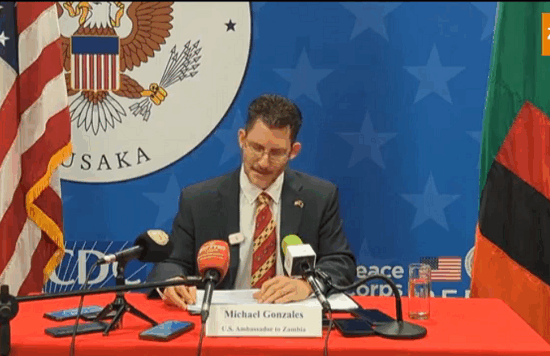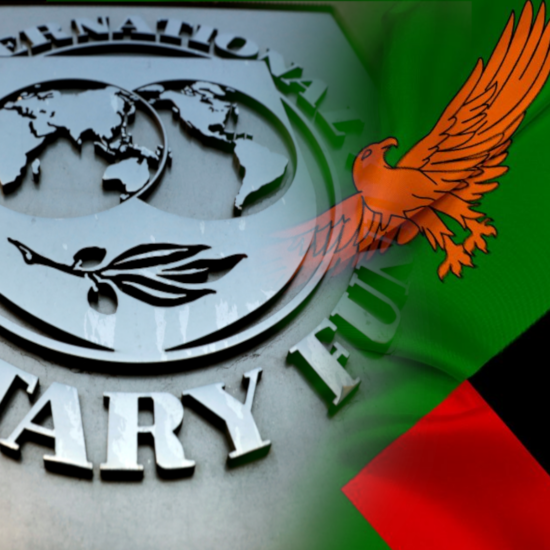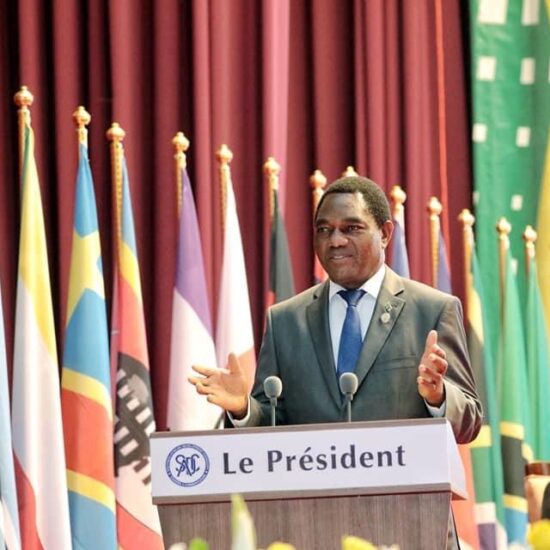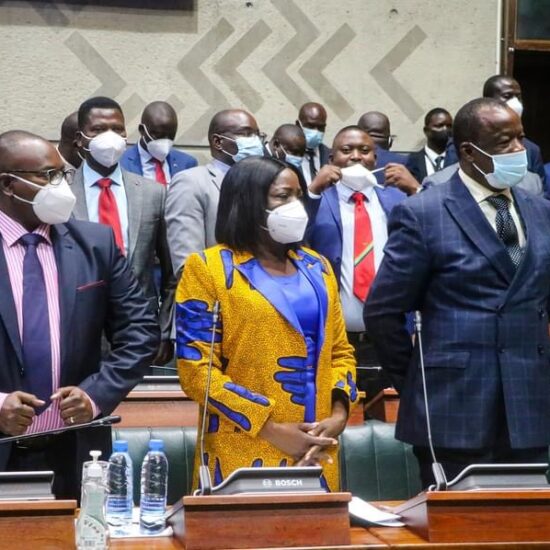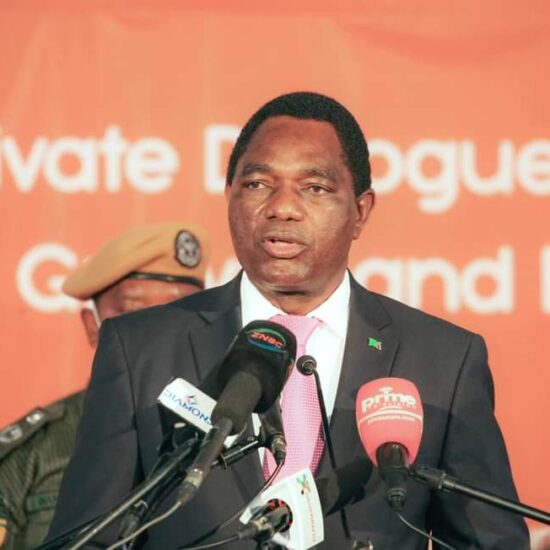That Sustainable Development Goals Centre for Africa – SDGCA assessments towards projected achievements indicate that, given the current pace of development, Zambia and four other countries namely, Mozambique, Malawi, Tanzania and Zimbabwe may not achieve the target of the least basic water or basic sanitation services by end of 2030.
A report on the growth of African economies since the implementation of Sustainable Development Goal – SDG’s has indicated a decline in economic growth for most African countries attributing the decrease to lack of investments towards the implementation of the goals.
Presenting the performance of the SDG’s for the past 3 years, during the launch of the SDG Centre for Africa – SDGCA in Lusaka on August 7, 2019, Senior economist of the SDGCA Dr. Enock Twinoburyo explained that Africa is still ranking below other regions in achieving the vision 2030 due to low investments.
He said some African Countries are still grappling with poor economic conditions hence making it difficult to put investments towards achieving the target. He has since noted the need to improve statistical systems that contributes to better informed policies, faster response to pressing issues, increased Civic engagement and improved transparency and accountability.
The presentation by Twinoburyo also pointed out the need for support to building capacity of local institutions to ensure availability and sustainable management of water and sanitation for all by 2030 – SDG number 6.
In line with this effort, assessments towards projected achievements indicate that, given the current pace of development, Zambia and four other countries namely, Mozambique, Malawi, Tanzania and Zimbabwe may not achieve the target of the least basic water or basic sanitation services by end of 2030.
This is because SDGCA believes that an extraordinary effort needs to be done by the five countries to meet the target of the least basic water and basic sanitation services for the the entire population of the countries.
Zambia and other countries have since been encouraged to review and update the national water and sanitation policy and regulation from the perspective of the SDG, Support the improvement of access to water and sanitation services of unserved areas, ensure environment sustainability and solid waste management, and strengthen stakeholder engagement and community participation.
Meanwhile, the report further points out on the need for macro economic stabilization as a necessity for structural transformation and leveraging resources and investments for development. “Over the recent couple of years, the economic buffers have dwindled in part on account of twin deficits as well as commodity and other global shocks. Resultantly, the downsides of growth have materialized with growth remaining below 4 percent annually over the last 3 years, which is less than 1 percent above the population growth of 2.6 percent”.
“This per capital growth is not sufficient to deliver middle income status for most of the economies by mid-2025 hence the need to accelerate growth again while maintaining macro-economic stability in a global tight economic condition is warranted,” stated Twinoburyo.
He added that it is imperative to have broader macro-economic technical reforms focused on public finance cycle ranging from enduring fiscal and macro discipline to closure of fiscal cycle.
The Sustainable Development Goals comprises of ambitious and interrelated set of 17 goals and 169 targets to be achieved by 2030. United Nations Member States adopted the initiative in September 2015 with an idea of guaranteeing growth, social inclusion while protecting the environment.
Africa has since made commitments to the Sustainable Development Goals Universal Agenda – SDG 2030 and the African Union Agenda 2063.


